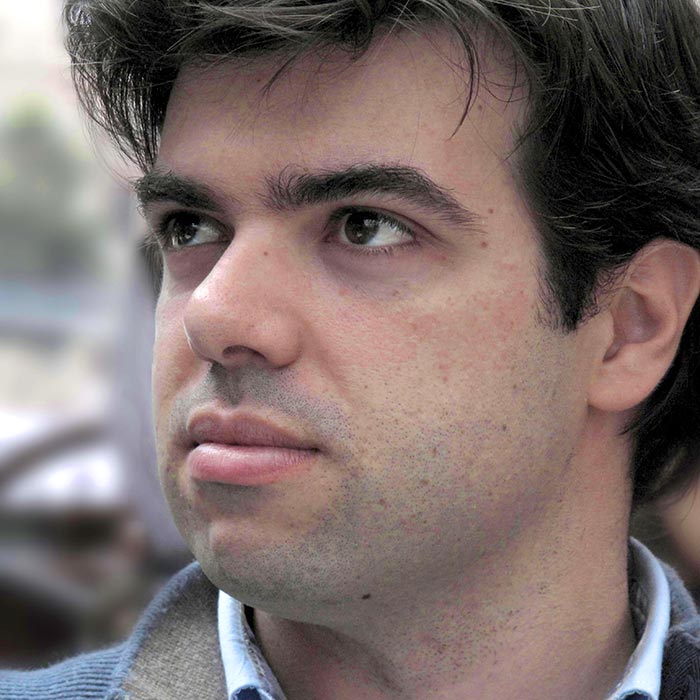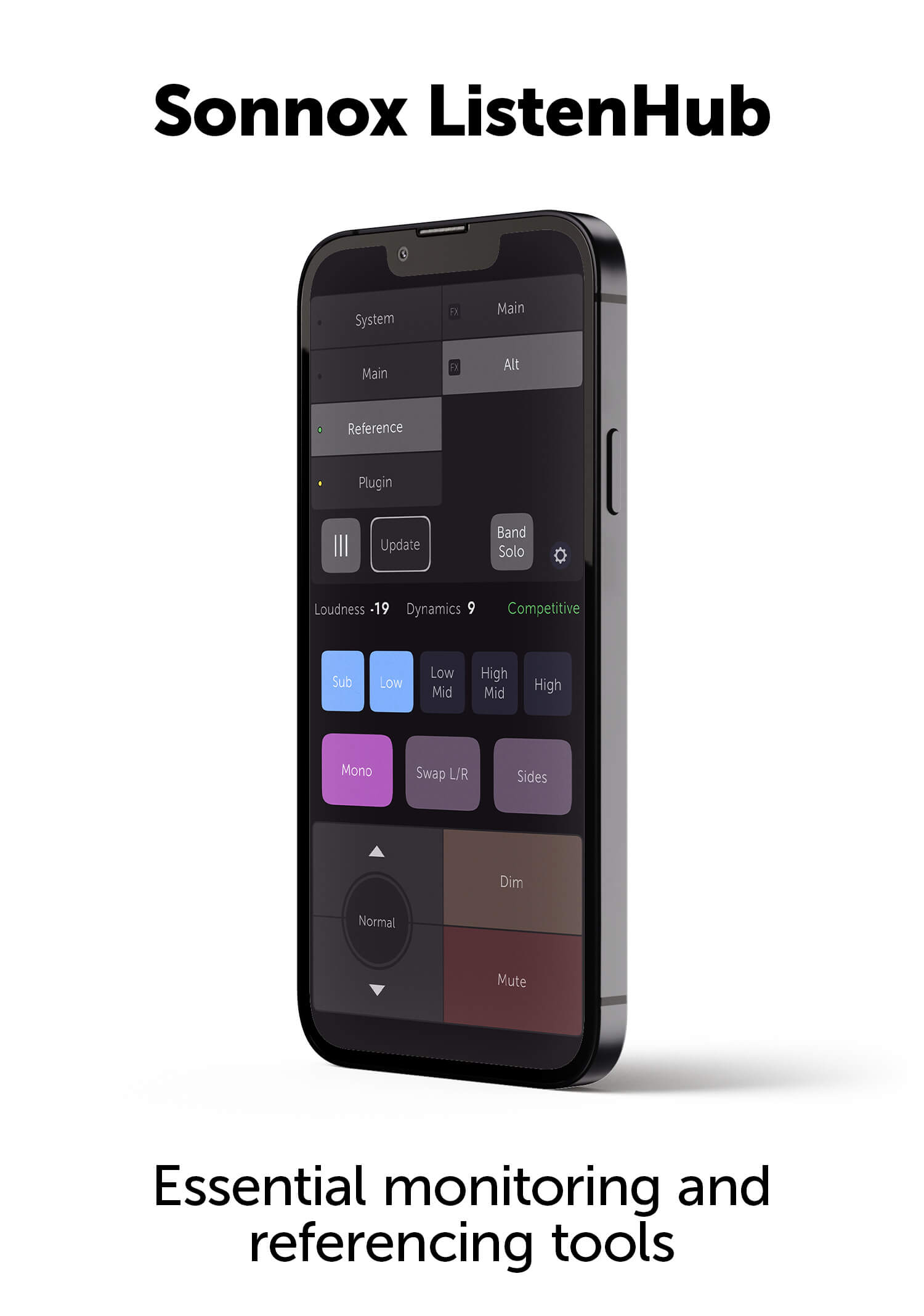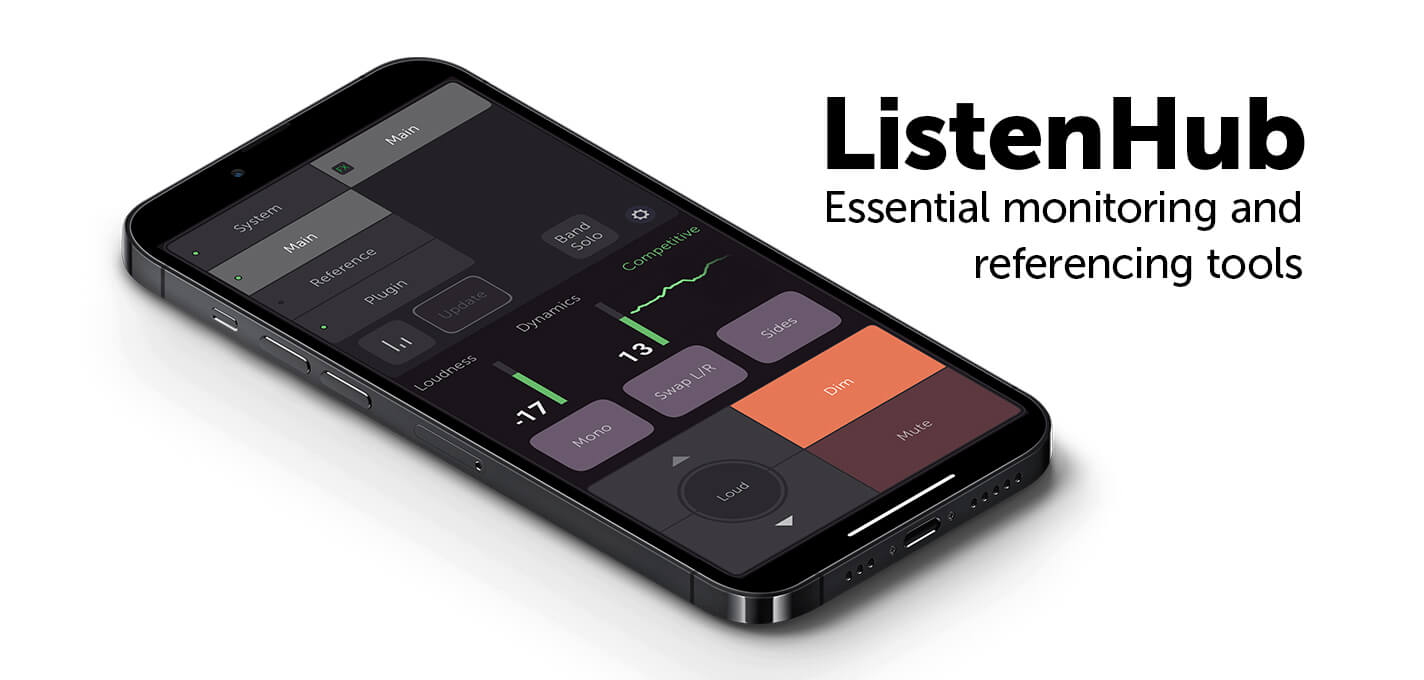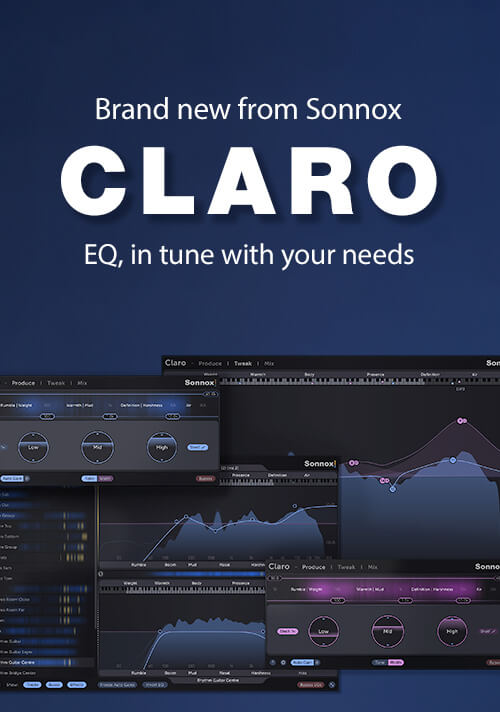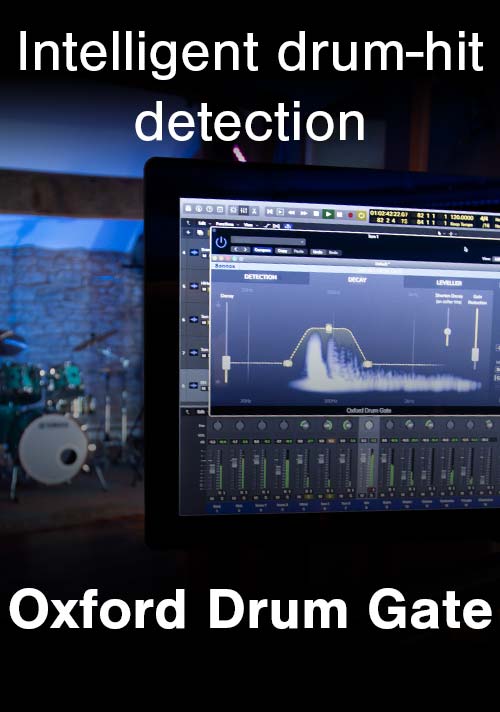Pedro Macedo Camacho
Based on Portugal's beautiful island of Madeira, Pedro Macedo Camacho composes, mixes, and arranges award-winning music for a wide variety of films, orchestras, commercials and video games. His lush, soaring, powerful arrangements will soon grace Star Citizen; the most successful crowd funded video games in history. We recently caught up with him to discuss his exciting work and his use of Sonnox plugins.
Tell us about your background
I was classically trained, so I learned orchestration all the way - harmony, counterpoint and so on. I studied for more than ten years before ever starting to make my first note as a professional composer. Usually media composers try to cut that part short. So I started with all of the theories, no computers, just paper and pen. What I do in Cubase, I just have to refine and orchestrate completely to match what I have in my mind and make sure it sounds great.
What platform do you work on?
I've used Logic and Sonar before, but I prefer Steinberg Cubase. Whether its score to picture or not, I tend to initially compose with piano alone. Then I go to the Cubase. I have five PCs and 176 GB of RAM, so it's a fairly big setup. Most of that RAM is used to load a complete orchestra deeply sampled with both commercial and private libraries. I also have a wide variety of sampled libraries because I like to work in all genres of music. However, orchestral work is probably my main thing.
When scoring for a live ensemble, I tend to use the Capellen Orchestra in the Czech Republic. Then I bring the files back here and mix them.
How did you discover Sonnox plugins?
It was word-of-mouth about the overall quality of Sonnox.
I tried many limiters from other high-end plug-in developers but none of them worked as I wanted.
When I used the Oxford Limiter (True Peak Limiter Plugin) for the first time I was completely blown away. Now it's my go-to limiter for orchestral music (even when I consider hardware options). Not only does it increase the perceived loudness more than other limiters, more importantly, it does not change the timbre or colour of the sound. That is crucial for orchestral music.
How do you use Sonnox plugins in your work?
I use Sonnox plugins exclusively on the mix and master bus of every orchestral project I mix. I believe that a great orchestral recording starts with perfect microphone placement, and a great performance from the players. After that you just need a little EQ and some limiting. I use Oxford EQs throughout the mix, and the Oxford Limiter on the final bus. There is something about Sonnox plugins that just makes it easier for me to get the sound I am looking for. I think the best example of my most recent work would be the recording of the latest performances of my Requiem Inês de Castro (YouTube ) The Oxford Limiter acts so beautifully it almost sounds as if no limiter was used at all, which to me is the highest compliment.
Tell us about your approach to equalization.
Using "ears only" EQ is extremely important to me. I think the secret of any good mix starts with great EQ'ing. The reverb, careful sub-harmonic treatment and widening mix tricks are important, but it all starts with great EQ.
To EQ properly I found it is very important to hear the live performance in the hall. You need to memorize the actual orchestra sound with your ears, detect any acoustic problems in the venue or in some orchestra sections and then correct them in the mix. The EQ should keep the idiomatic sound from the orchestra but correct frequency problems certain sections may have. In my opinion it's a compromise between the true original sound and the ideal sound from the ideal orchestra. On the Oxford EQ I've found I prefer the Type 3 EQ, due to its curves. But I often forget about the graphics and mix purely by ear.
Tell us about your current projects
I am scoring one of the boldest and most interesting Sci-Fi game projects in history, Star Citizen, is the world record "crowd funded" project, currently at $43m USD. All the music has Sonnox in it. See it on YouTube.

What other Sonnox plugins do you turn to?
I use the Oxford Dynamics plugin a lot, mostly for hybrid tracks. It's great when you want to compress a reverb tail. It sounds totally transparent and it works perfectly. What I like most about it is that, like the Limiter, it sounds as if there is no compression. It just maintains the volume we want. It's especially useful in complicated mixes where I would lose the tail completely without it. But it's also great on bass, drums and vocals. I like to use it when vocalists are singing very softly and you want to hear the final articulation from the voice. It makes a great difference in terms of interpretation, and it sounds completely natural.
Even though I use many plugins, Sonnox makes the most significant impact in my final product and mixes.
Interview and editorial provided by Rich Tozzoli
